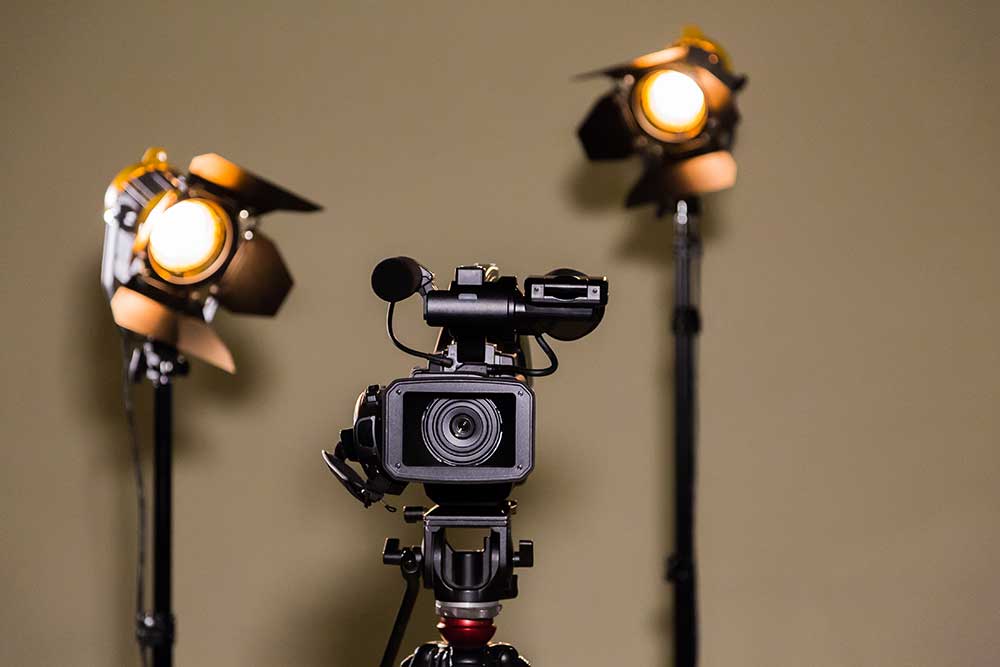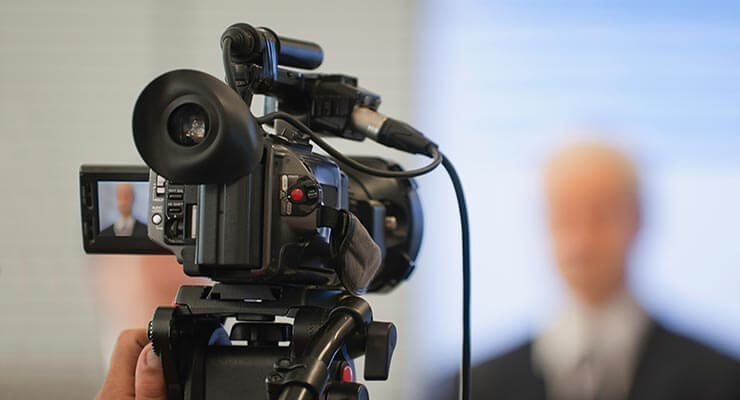Affordable Legal Videography Solutions for Cases.
Affordable Legal Videography Solutions for Cases.
Blog Article
The Function of Legal Videography in Depositions and Trials
Legal videography has become a crucial device in both depositions and tests, providing a diverse method to documenting witness testaments. By capturing not only the spoken word but also the subtleties of non-verbal communication, this tool boosts the reliability of testimonies and preserves critical evidence for future proceedings (legal videography). As attorneys progressively recognize its worth, it triggers a deeper assessment of how these aesthetic records can affect juror understandings and trial end results. What implications might these growths hold for the future of lawful practice?

Significance of Lawful Videography
Legal videography plays a pivotal duty in the paperwork and presentation of depositions and tests. This customized field incorporates technological skills with legal expertise to create a reliable document of process that can substantially influence situation outcomes. The aesthetic aspect of lawful videography enhances the understanding of witness testament, enabling jurors and judges to observe not just the spoken words yet likewise the behavior, emotions, and body movement of the witnesses.
Furthermore, lawful videography gives an objective account of events, decreasing the potential for false impression that can accompany composed transcripts alone. This aesthetic documentation acts as an important device during trial presentations, facilitating a more clear and even more convincing narrative for both complainants and offenders. Moreover, the capability to replay video segments throughout court procedures allows legal teams to emphasize key factors, enhancing their disagreements efficiently.
The importance of lawful videography prolongs beyond the courtroom; it additionally plays a crucial function in preserving proof for future referral, whether for charms or further legal action. Its integration right into the legal procedure is vital for ensuring a reasonable and precise depiction of the truths, ultimately adding to the search of justice.

Process of Legal Videography
While catching the subtleties of depositions and trials, the process of lawful videography involves a number of critical actions that ensure high-quality, exact recordings. A specialist legal videographer prepares by examining the situation products and understanding the certain requirements of the deposition or trial. This prep work includes acquainting themselves with the participants and the context, which assists in catching pertinent details.
On the day of the recording, the videographer establishes the needed devices, which typically includes high-definition video cameras, microphones, and appropriate illumination. Making certain optimal angles and audio top quality is critical, as it directly impacts the efficiency of the recording. The videographer connects with lawyers and participants to establish procedures, ensuring that everyone understands the recording procedure.
Throughout the deposition or trial, the videographer meticulously tapes the proceedings, paying attention to both verbal and non-verbal hints. This includes recording the behavior and responses of witnesses and lawyers. After the session wraps up, the videographer may edit the video footage for clarity and conformity with legal requirements, creating an end product that precisely reflects the process for future recommendation and usage in lawful contexts.
Benefits in Depositions
The incorporation of videography in depositions offers countless advantages that enhance the total process of collecting evidence. One primary see this here advantage is the capability to record witness statements with visual and acoustic fidelity, providing an extra accurate depiction of the witness's temperament, tone, and body language. This multidimensional approach permits attorneys and courts to analyze reputation a lot more efficiently than typical written transcripts alone.
Furthermore, videographed depositions function as a powerful device for maintaining statement. Needs to a witness ended up being inaccessible for trial, their tape-recorded deposition can be played in court, making certain that their evidence stays accessible and appropriate. This facet considerably minimizes the risk of losing critical information that might influence case results.

Lastly, videography improves the general professionalism and reliability of the deposition procedure, instilling confidence in clients concerning the thoroughness of their lawful depiction (legal videography). By leveraging modern technology, legal experts can considerably enhance the performance of navigate here depositions
Influence On Trials
In lots of tests, the assimilation of videography can considerably affect the discussion of evidence and the jury's understanding. Legal videography catches witness statements and essential evidence in a dynamic style, enabling jurors to engage with the material on several degrees. This visual element improves the storytelling element of a trial, offering context and emotional resonance that conventional text-based evidence may do not have.
Additionally, video clip recordings can act as powerful tools for impeachment throughout interrogation. When inconsistencies develop between a witness's prior statements and their court room statement, video proof offers an unbiased recommendation that can sway jurors' point of views. This immediacy and clearness can bolster the reliability of an event's narrative while at the same time undermining opposing disagreements.

Future Trends in Legal Videography
As we look towards the future of lawful videography, numerous arising fads assure to improve its duty within the courtroom. One significant trend is the integration of synthetic intelligence (AI) in video analysis and modifying. AI can improve the process of determining essential moments in tape-recorded depositions, enabling attorneys to rapidly his response access appropriate material, thus improving effectiveness in situation preparation.
Furthermore, the surge of digital fact (VIRTUAL REALITY) and enhanced reality (AR) innovations is expected to transform exactly how jurors experience proof. legal videography. By submersing jurors in a substitute setting, these modern technologies can provide a much more profound understanding of complicated circumstances, causing more enlightened considerations
In addition, the boosting need for remote depositions, accelerated by the COVID-19 pandemic, will likely proceed. Lawful videographers will need to adjust to brand-new software and systems to make sure top notch recordings in online settings.
Last but not least, the expanding emphasis on information safety will demand stricter protocols for saving and sharing video evidence. As the lawful landscape develops, legal videographers have to stay abreast of these trends to preserve their relevance and performance in the judicial process.
Conclusion
In summary, legal videography serves a crucial function in the judicial process, improving the honesty of depositions and trials. As technology continues to progress, lawful videography is positioned to further transform its role within the legal landscape.
Report this page